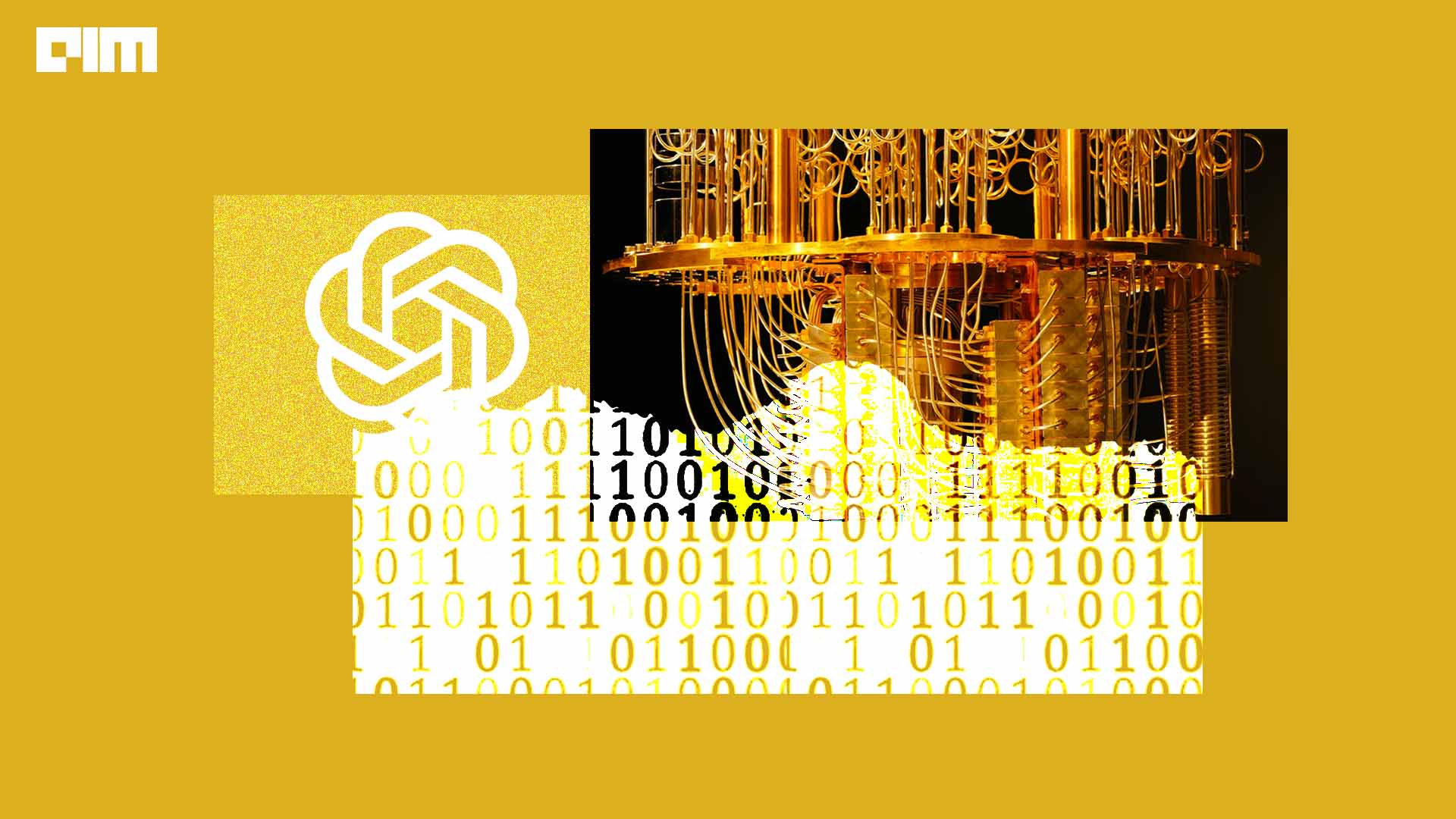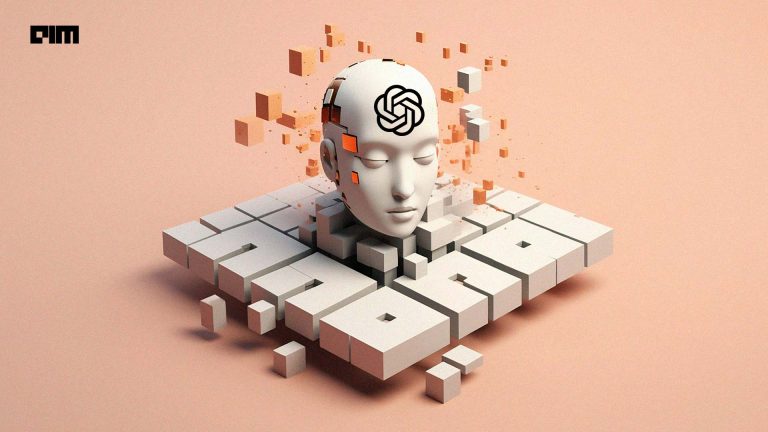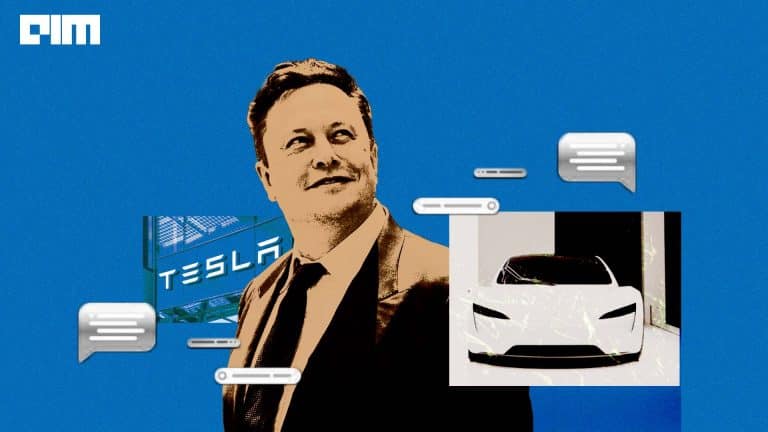|
Listen to this story
|
It is truly an exciting time for the world of computing. Imagine being able to complete complex computing tasks in just a matter of hours, or even minutes, instead of waiting for days on end. L Venkata Subramaniam, a Quantum Distinguished Ambassador at IBM, tells AIM that this dream could become a reality thanks to the incredible power of quantum computing.
“Quantum naturally works in a higher dimensional space where data is better viewed or separated, or you can understand more about the data. Therefore, it is easier to work in quantum on AI problems,” said Subramaniam.
Quantum computing can also be effective in working with fundamental models, such as ChatGPT. Certain early observations suggest that quantum computing can achieve comparable results to classical AI using less training data and has the potential to accelerate the training process for AI models.
Moreover, one of the biggest challenges in the field of AI is the tremendous amount of computational power required to train deep learning models. Traditional processors like CPUs and GPUs are slowly becoming inadequate as the complexity and size of the models continue to grow. Here, Quantum processors (QPUs), which theoretically require less power and generate less heat than classical processors, is emerging as a potential solution to the problem.
The availability of larger and more powerful quantum computers is leading to intensive research into developing new quantum algorithms. At present, Shor’s algorithm, which entails factoring large numbers, and Grover’s algorithm, a search algorithm that can speed up the process of finding an item in an unsorted database, are the most famous quantum algorithms used to solve problems efficiently—typically a challenge for classical computers.
Quantum Advantage
To illustrate how their work can be practically applied, Subramaniam offers an example of a real-world logistics problem: Currently, 1/3 of the food produced is wasted due to improper storage, which often occurs as a result of inadequate transport infrastructure. Here, quantum computers have the potential to help solve this issue by determining the most effective routes and methods to transport goods and services, thereby reducing spoilage and minimising the use of resources, such as petrol or diesel.
Subramaniam mentions that his team’s ultimate goal is to achieve “quantum advantage”, which involves using quantum computers to solve problems much faster and more cost-effectively than the best supercomputer available today.
At the moment, businesses are yet to recognise how quantum algorithms can change the game for them because they are yet to reach that kind of maturity, but there will be an inflection point. This inflection point will come when “scientific teams in IBM, or elsewhere, will be able to demonstrate how they can drastically improve their businesses by using quantum computers when compared to classical systems”.
The latest NASSCOM report concluded that quantum technology is expected to reach critical maturity by 2026–27 and its adoption across industries has the potential to add $310 billion to the Indian economy by 2030.
This implies that in the next three to five years, we will be able to see a hybrid approach wherein quantum computers will work in concert with supercomputers and our current best infrastructure to solve tough business problems, dawning a new era in problem solving. This will be achieved through the use of quantum processing units, which will work together with CPUs and GPUs.
Opportunities Galore
While the inflection point for quantum adoption by businesses is yet to arrive, there is one area which witnessed a significant inflection point: skilling. There are sufficient investments towards programmes pertaining to subjects critical to quantum. “Despite the industry not growing in a big way, thousands of students and engineers are investing in certification courses to upskill themselves in areas related to quantum technology,” said Subramaniam.
He believes that this new transition will lead to four central job opportunities in quantum computing: the hardware (building quantum computers), the middleware (interconnection between hardware and software), research (developing algorithms which can run on today’s quantum computers), and data scientists or application developers (coding things on top of the application layer).
India Needs Quantum Boost
In India, if we were to consider, about 92% of the 100 quantum projects initiated domestically are funded by the government. Furthermore, there was an outlay of INR 8000 crores pledged by the government in 2020 to support the National Mission for Quantum Technologies and Applications (NM-QTA).
The mission promotes the research and implementation of diverse quantum technologies, facilitates skill development in this emerging field, and encourages the growth of start-up businesses related to quantum applications. However, it is still unclear whether the funds are being utilised effectively so far.
Unlike AI, quantum computing has not yet reached the point where companies can demonstrate improved performance and cost savings right away. As a result, the conversation around quantum for businesses is different—it’s more along the lines of being a long-term investment, where companies and industries are willing to partner with researchers and startups to explore the potential of the technology when it becomes available.
Therefore, even with billions of dollars of VC funding, the few early adopters existing in the market are not making any money. Consequently, it is the government that has to put big money in the industry and India has already taken big strides in that direction.


















































































